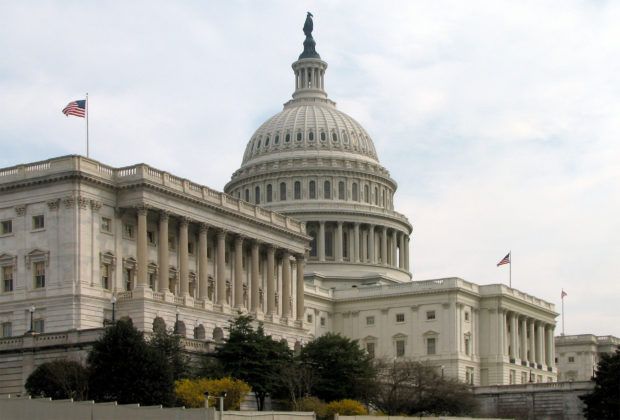There is once again a bill that seeks to exempt premium cigars from regulation by the U.S. Food & Drug Administration (FDA) in the U.S. Senate.
Sen. Marco Rubio, R-Fla., has reintroduced the Traditional Cigar Manufacturing and Small Business Jobs Preservation Act, a bill that would exempt some cigars from regulation by FDA. Either Rubio or former Sen. Bill Nelson, D-Fla., have introduced the bill in the Senate during the last five Congresses.
Last Congress’ bill, S.9, garnered 14 other co-sponsors after Rubio introduced it. A press release from Rubio’s office lists eight co-sponsors:
- Sen. John Barrasso, R-Wyo.
- Sen. John Boozman, R-Ark.
- Sen. Tom Cotton, R-Ark.
- Sen. Joni Ernst, R-Iowa
- Sen. Lindsey Graham, R-S.C.
- Sen. Jim Inhofe, R-Okla.
- Sen. John Kennedy, R-La.
- Sen. Rick Scott, R-Fla.
Rubio’s office has not yet released the text of the bill though a source told halfwheel it will be the same as previous versions. That is particularly of interest given that FDA adopted its own definition of “premium cigars” last year, one that would differ from the definition used in previous versions of this bill.
Specifically, FDA’s definition would not allow for any flavored cigars to be considered “premium.” In addition, the proposed definition previously used in other Senate bills would allow for cigars that are made to domestically to use a homogenized binder or made with the assistance of machines, something that wouldn’t be allowed under FDA’s definition.
“The premium cigar industry is an iconic staple in Florida’s economy,” said Rubio in a press release. “For far too long, small and family-owned businesses have been facing the threat of regulation that could force many to close their shops. I am proud to reintroduce this legislation that would provide Florida premium cigar makers the certainty they need to continue their craft, and I urge my colleagues to swiftly pass this bill.”
It is highly unlikely that this bill would pass the Senate, let alone Congress as a whole. Rather, bills like this serve as an opportunity for the cigar industry to explain its uniqueness to members of Congress. The support from legislators is then used to show the executive branch—either FDA itself or the White House—that there is congressional support for the exemption.
The most likely scenario for actual action in Congress is by adding language to bills that fund FDA. The standalone bills are also used to further those efforts.
Featured Image: By Scrumshus (Own work) [Public domain], via Wikimedia Commons



